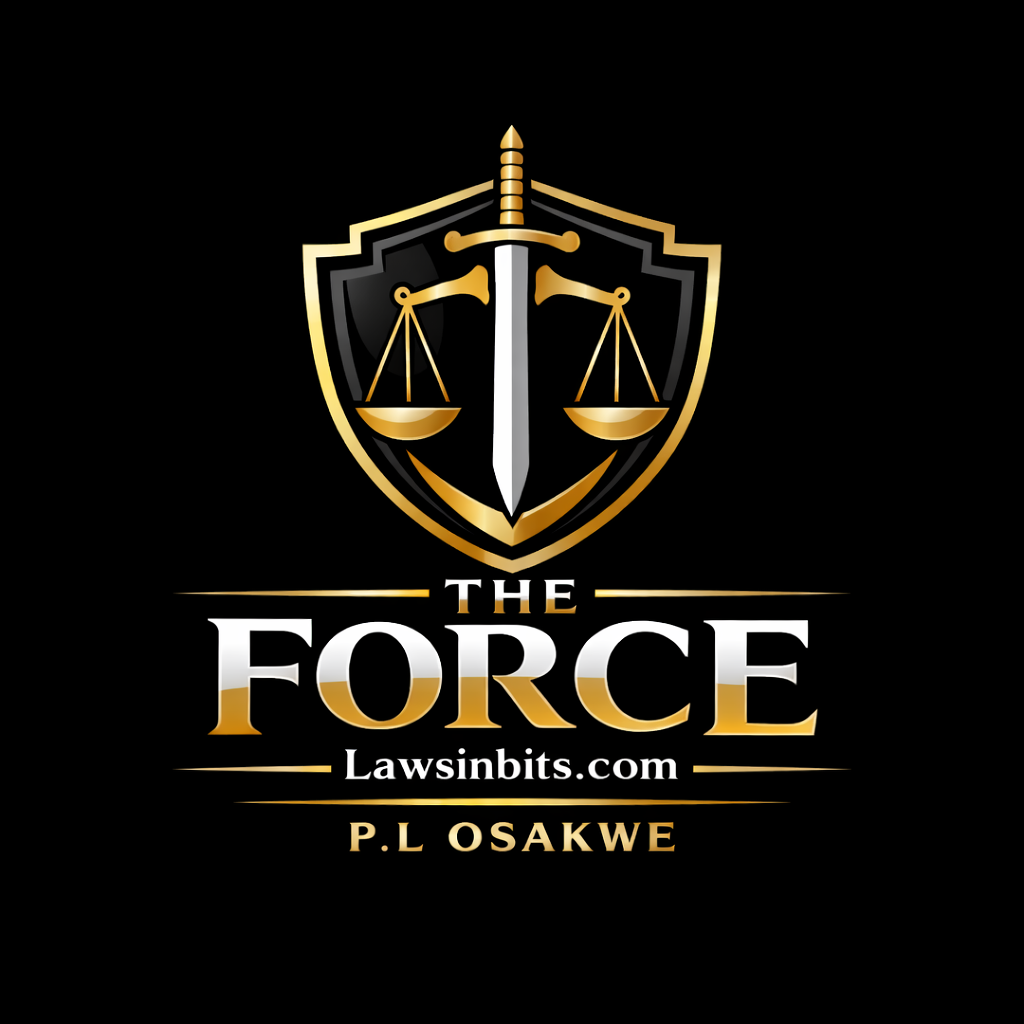By P.L. Osakwe
■ Overview
In a time when legal systems are often criticized for favoring institutions over individuals, the ancient maxim "Equity acts in personam" remains a quiet but powerful reminder that justice is ultimately personal. This principle — though rarely invoked by name in modern courtrooms — has never lost its relevance. It forms the heart of equitable jurisdiction and is a weapon of precision for any lawyer serious about justice.
But what does it really mean for equity to “act in personam”? And how can this centuries-old concept be effectively used in today’s legal practice?
■ Understanding the Principle: Equity Acts in Personam
At its core, “equity acts in personam” means that equity enforces its judgments not by controlling property directly, but by compelling or restraining the behavior of individuals. Unlike the common law, which acts in rem (against property), equity targets the conscience of the individual.
This is why equitable remedies like injunctions, specific performance, rescission, and constructive trusts don’t just affect titles or ownership — they compel people to act fairly, or to stop acting unfairly.
■ Practical Usage of the Principle
1. Breach of Trust and Fiduciary Duties
Equity holds trustees and fiduciaries personally accountable — even when the institution appears blameless.
In A-G v. Blake (2001), the court compelled a former spy to return profits earned from breaching a fiduciary duty, not because the state had property rights, but because his conscience was bound by equity.
2. Undue Influence and Fraud
Even if a transaction is technically valid under common law, equity may reverse it if one party has abused a position of power.
In Allcard v. Skinner (1887), a nun who had given up her property under the influence of her religious superior successfully reclaimed it years later equity acted against the conscience of the superior.
3. Enforcing Informal Agreements
Equity can enforce a promise made without formalities — if it would be unjust not to.
In Waltons Stores v. Maher (1988), an Australian case, equity enforced an oral agreement because the plaintiff had relied on it and suffered detriment.
4. Property Disputes Between Family or Partners
Where legal title does not reflect actual contribution or intention, equity imposes a constructive or resulting trust based on fairness.
In Stack v. Dowden (2007), equity looked at the whole course of dealings between cohabiting partners — not just legal title — to determine beneficial ownership.
□ Modern Nigerian Relevance
In Nigerian courts, equity's personal nature allows litigants to:
○ Sue individual officers in abuse of power cases (e.g., fraudulent land acquisition by government agents).
○ Target private conscience in family land disputes, especially in customary settings.
○ Challenge informal land sales or oral agreements with proprietary estoppel.
○ Protect women and vulnerable persons in family and inheritance matters, even where statute is silent.
♤ Benefits of Using this Principle
● Flexibility – It allows courts to tailor remedies that common law cannot provide.
● Moral Accountability – Individuals cannot hide behind titles or institutions.
● Protection of the Vulnerable – Equity can intervene in cases of oppression, fraud, or silence
● Remedy Gaps in the Law – Especially when statutes are rigid, outdated, or silent.
● Powerful Advocacy Tool – Lawyers can persuade courts to act beyond technicalities, focusing on justice.
■ Limitations and Ethical Caveats
However, equity is discretionary and it demands:
■ Clean hands: the plaintiff must not be guilty of wrongdoing.
■ Prompt action: delay defeats equity (doctrine of laches).
■ Conscience-bound subjects: equity does not bind strangers or those outside its jurisdiction.
■ Conclusion
The doctrine that “equity acts in personam” is not a relic of the past. It is a living, breathing force that empowers courts to reach the heart of justice — by holding individuals, not just systems, accountable.
For the Nigerian lawyer seeking not just to win, but to do right, this principle is a sharp blade in the courtroom, cutting through technical shields to reach the conscience.
“Law may punish the body, but equity speaks to the soul.” P.L. Osakwe



